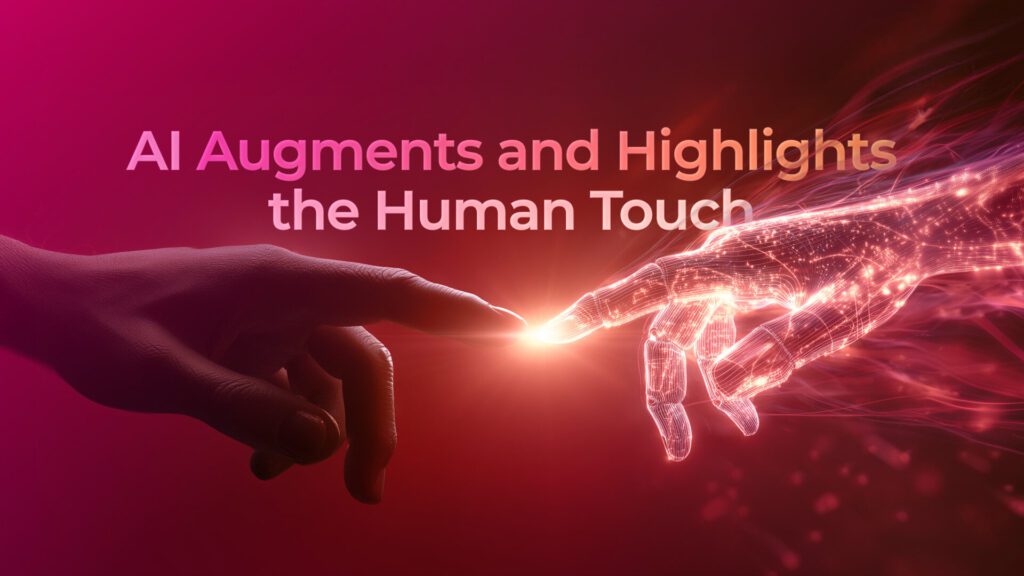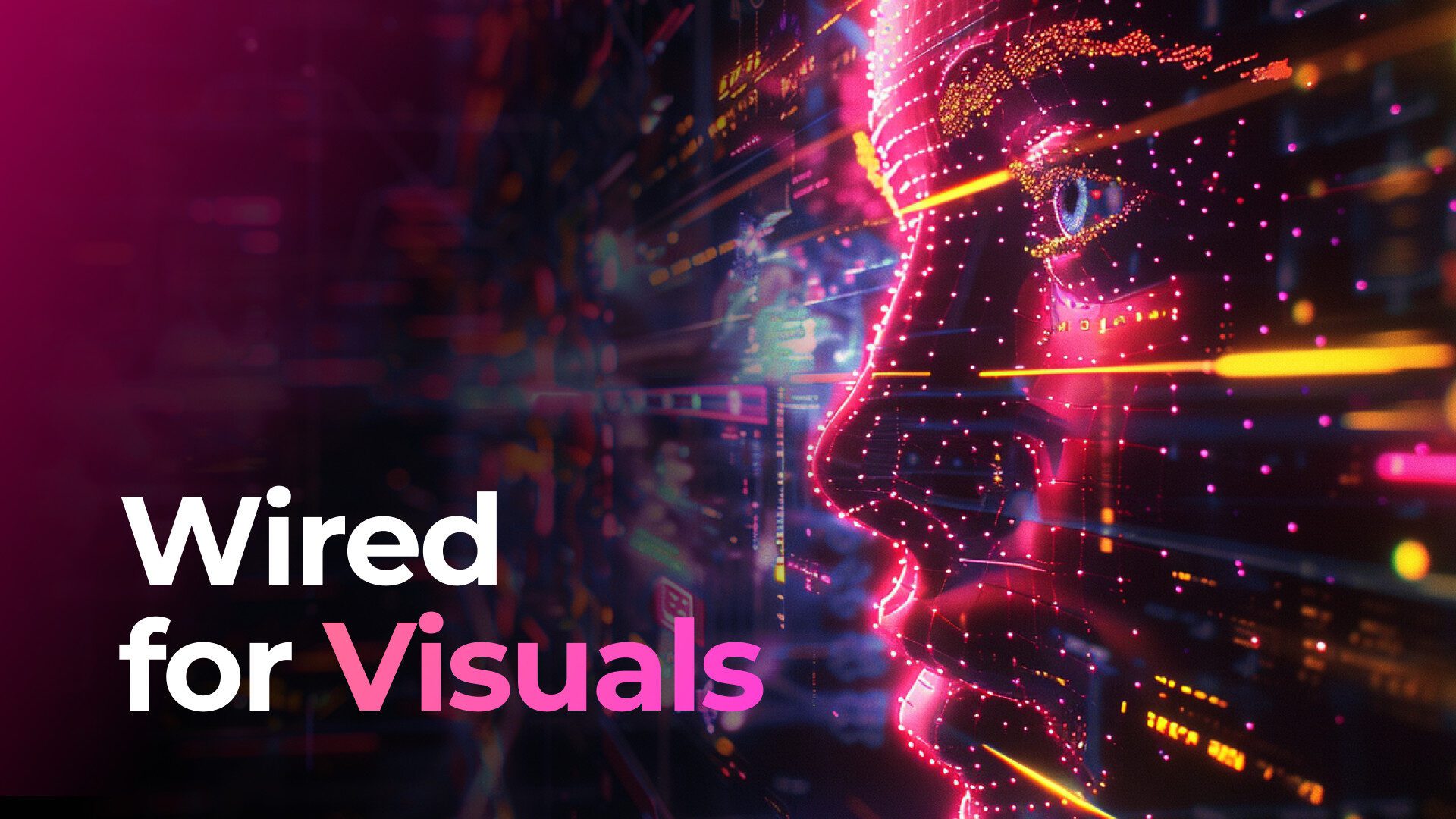
The fear of AI replacing workers is catching like wildfire, and the insurance world isn’t immune. However, in this industry, the discussion is no longer, “Will AI replace advisors?” The more prevalent question continues to be, “How can financial advisors become the conductors in an AI-powered ecosystem?” By combining automation, insights, and human judgement to deliver better client outcomes, brokers can leverage the power of AI to better serve their current clients and attract new ones.
AI Isn’t a Replacement — It’s an Amplifier
Advances in artificial intelligence are accelerating tools for financial advisors, including:
- Automated data collection
- Risk profiling
- Portfolio rebalancing
- Note-taking
- Workflow automation
According to SmartAsset, AI is streamlining many of the routine steps in advisory practices, like gathering client information or monitoring portfolios, which can be partially or mostly automated.
Similarly, The Future of Financial Advice descriptions suggest that AI will empower advisors to deliver more holistic advice, make insights more accessible, and democratize planning for clients who previously might have been priced out.
In many cases, the tools are already here. For example, notetaking assistants, compliance checkers, and portfolio monitoring tools currently let human advisors spend less time on “grunt work” and more time on strategic, relational tasks.
The New Role: Orchestrator of an AI-Driven Ecosystem
In this evolving model, advisors are redefined. Rather than just giving advice, they become architects of a system by selecting, managing, and supervising AI components, integrating data, customizing models to client needs, and applying judgement where machines can’t.
Key elements of this role include:
- Curator of tools and data: choosing which AI models, robo-solutions, and analytical tools to use, and integrating them into a coherent system.
- Translator of insights: interpreting AI-generated insights and guiding clients through them by adding empathy, values, and context.
- Decision guardrails: setting thresholds, conducting oversight, maintaining ethical and compliance checks to ensure fairness, and reduce bias.
- Relationship steward: focusing on trust, emotional intelligence, long-term financial behaviour and goals, which are areas AI still struggles to replicate. Clients still value the human connection even in AI-augmented advisory relationships.
Examples and Signals From the Market
- Robo-advisors and hybrid models are growing: new platforms that combine AI-driven advice with human counsel are expanding. These tools are helping advisors automate compliance, risk profiling, and client communication.
- Many advisors believe AI will help them grow their business significantly, especially by automating administrative duties, allowing more capacity for value-added work.
- Research such as “Robo-Advisors Beyond Automation: Principles and Roadmap for AI-Driven Financial Planning” (recently published) highlight that responsible AI frameworks can help ensure advisors remain central as trusted intermediaries.
Challenges to Overcome
This transformation isn’t automatic or without risk:
- Trust and bias: AI models can embed biases or make missteps. Clients still overwhelmingly prefer human advisors when it comes to trust.
- Regulation and compliance: As tools get more powerful, scrutiny increases. This makes transparency, auditability, and ethical use critical pieces of the process.
- Human factors: Empathy, ethical judgment, and understanding of life context remain key differentiators that are not easily encoded into software.
What This Means for Brokerage and Advisory Firms
For advisory firms, the smartest strategy isn’t resisting AI; it’s embracing it while redefining how value is delivered. To do this, firms can:
- Invest in modular AI tools that can be integrated into advisor workflows.
- Train staff in data literacy, AI oversight, ethical use of algorithms.
- Maintain human-centered practices like listening, values-based counsel, relationship management.
- Use AI to scale to reach more clients with lower cost, while maintaining quality.

In the post-advisor world, AI isn’t the enemy. Instead, it helps establish the infrastructure. Advisors who thrive will become curators of technology, interpreters of insights, and protectors of trust. Rather than being replaced, advisors can become more powerful as they are able to deliver smarter, more personalized, more equitable advice at scale.
If you’re ready to take the next step in helping the human-side of your business thrive, reach out to info@tpalmeragency.com to see how you can get more visibility. The T Palmer Agency can help you find efficiencies, freeing up your time to focus on what matters: your clients.





